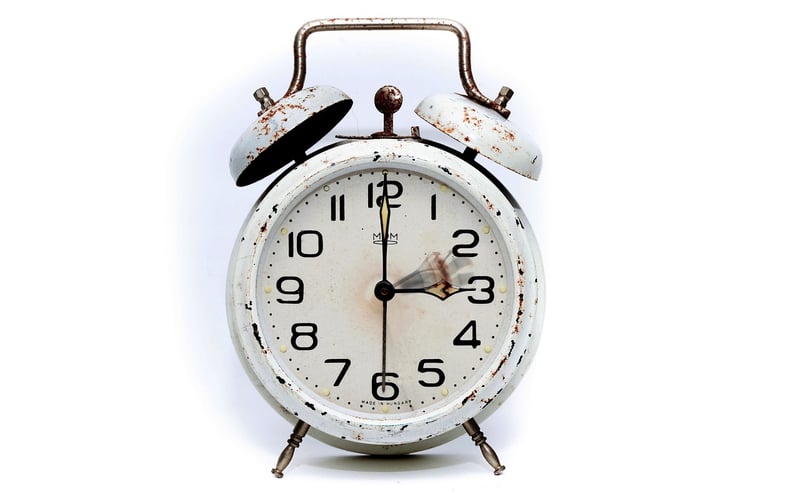Temporal Paradoxes
The Risks of Altering History and Temporal Paradoxes
Time travel has long been a fascinating concept in science fiction, allowing characters to journey to the past or future. However, altering history can have significant consequences, leading to temporal paradoxes that challenge the very fabric of reality.
Risks of Altering History
When someone travels back in time and makes changes to the past, it can create a ripple effect that alters the course of history. These changes can have unintended and far-reaching consequences, impacting not only the individual but also the world at large. Some of the risks of altering history include:
- Butterfly Effect: Small changes in the past can lead to significant alterations in the future, similar to the butterfly effect where a small flap of a butterfly's wings can cause a tornado on the other side of the world.
- Temporal Wars: Altering key events in history can lead to conflicts between different factions trying to control the timeline for their benefit, resulting in temporal wars with dire consequences.
- Erasing Existence: Changing past events can inadvertently erase individuals or entire civilizations from existence, leading to existential crises and moral dilemmas.
- Unintended Consequences: Even well-intentioned changes to the past can have unforeseen and negative consequences, creating a web of cause and effect that is difficult to predict.
Temporal Paradoxes
Temporal paradoxes are anomalies that occur when time travel creates contradictions within the timeline, challenging the principles of causality and logic. Some of the most common temporal paradoxes include:
- Grandfather Paradox: A time traveler goes back in time and prevents their grandfather from meeting their grandmother, which would mean the time traveler is never born. This creates a paradox - if the time traveler is never born, how could they go back in time to prevent their own birth?
- Bootstrap Paradox: An object or information is sent back in time in an endless loop of cause and effect where the origin of the object or information is unknown. It raises questions about how the object came into existence in the first place.
- Predestination Paradox: Events in the past are influenced by future events, creating a closed causal loop where the future is predetermined by actions taken in the future.
While the concept of time travel and altering history is intriguing, it comes with inherent risks and paradoxes that challenge our understanding of cause and effect. As we delve into the realm of temporal manipulation, we must consider the implications of our actions and the fragility of the timeline we seek to alter.

Exploring the complexities of time travel and its consequences can broaden our perspective on the nature of reality and the interconnectedness of past, present, and future.
